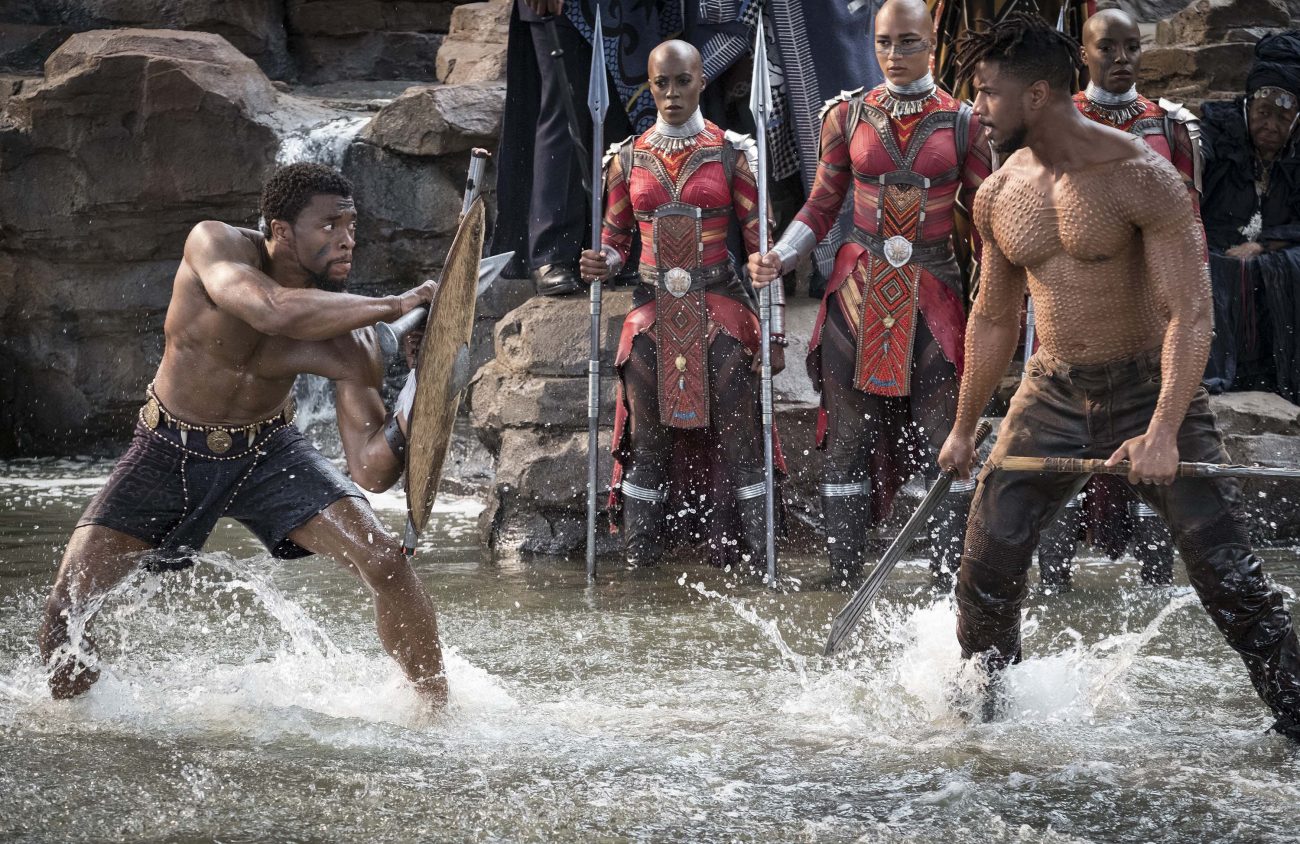It seems like people either love superhero movies or hate them. People either spend hours talking about the lore, what’s canonical or not and the inner workings of the characters or they just simply couldn’t care less. I would like to think I fall somewhere in the middle of those groups, as someone who just likes superhero movies.
I like the action and find some of the characters captivating, but I am not usually met with the urge to entrench myself into the storylines past the two hours I’m sitting in the theater.
I think a lot of this has to do with not seeing myself represented on screen. As a black woman, there’s just not a lot out there as far as popular superhero movies go. I didn’t watch a lot of X-Men, so I guess there was Storm, and, let’s be real: Halle Berry’s Catwoman was laughable. This was not the case with Marvel’s newest addition, Black Panther.
Black Panther takes place in Wakanda, a fictional country in Africa. Though on the outside Wakanda disguises itself as a small farming nation, it’s filled with the world’s most advanced technology fueled by vibranium, a strong and powerful metal, brought to the country by a crashed meteorite centuries ago.
The Black Panther, played by Chadwick Boseman, rules over Wakanda as king, wearing a black suit made out of vibranium when needing to complete missions to protect his home country.
Featuring a nearly all-black main cast, the film has shaken up on screen representation. Its costume design features authentic plays off of real tribes in Africa. It talks politics and discusses the intricacies of colonialism and isolationism. But Black Panther isn’t necessarily a “black movie” — at least, definitely not in the absurd, beat-you-over-the-head way Tyler Perry’s Madea movies are “black movies.”
At its base, Black Panther is just a really great film. But it’s more than a movie: It’s a cultural phenomenon. ■
Black Panther is playing at Regal Valley River Center Stadium 15 and Cinemark 17.
